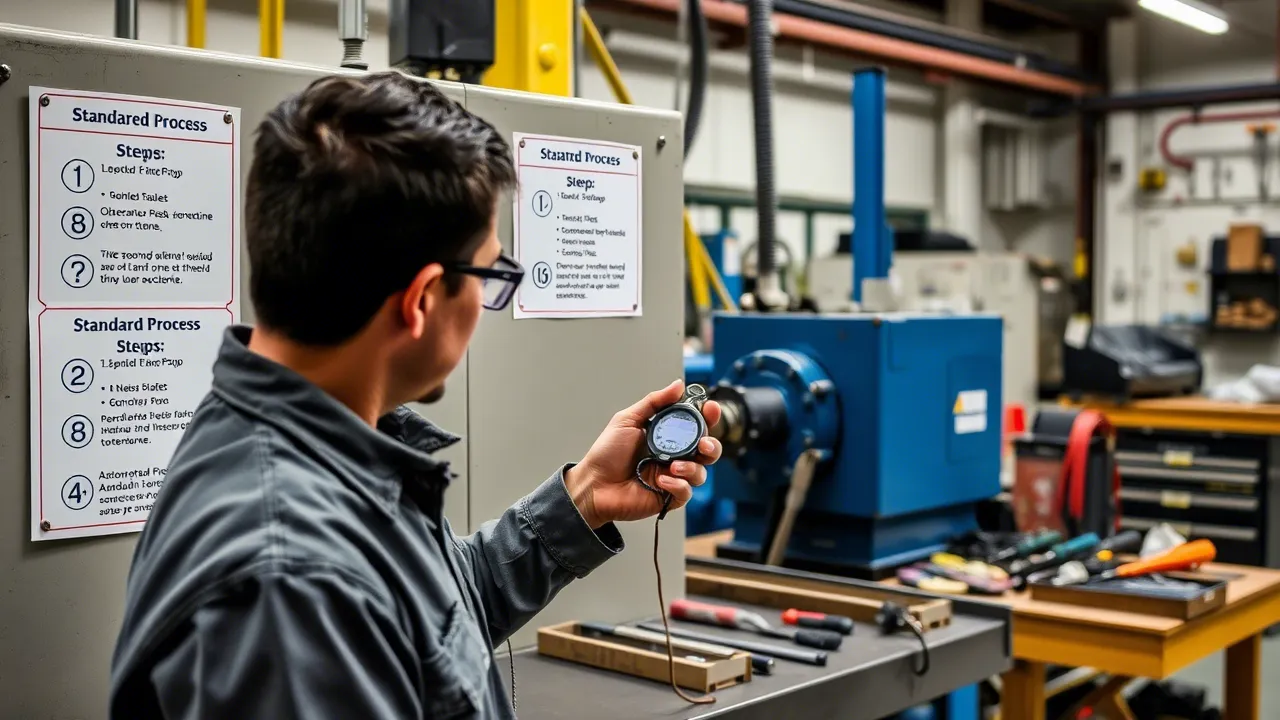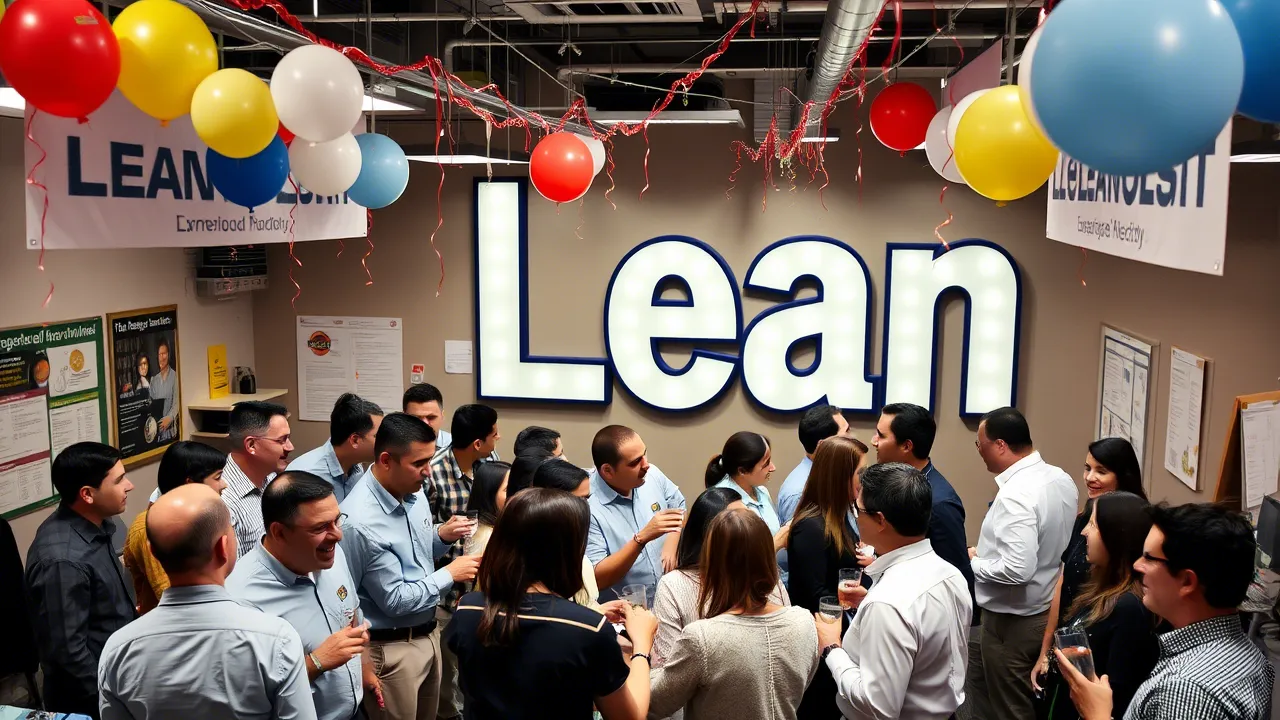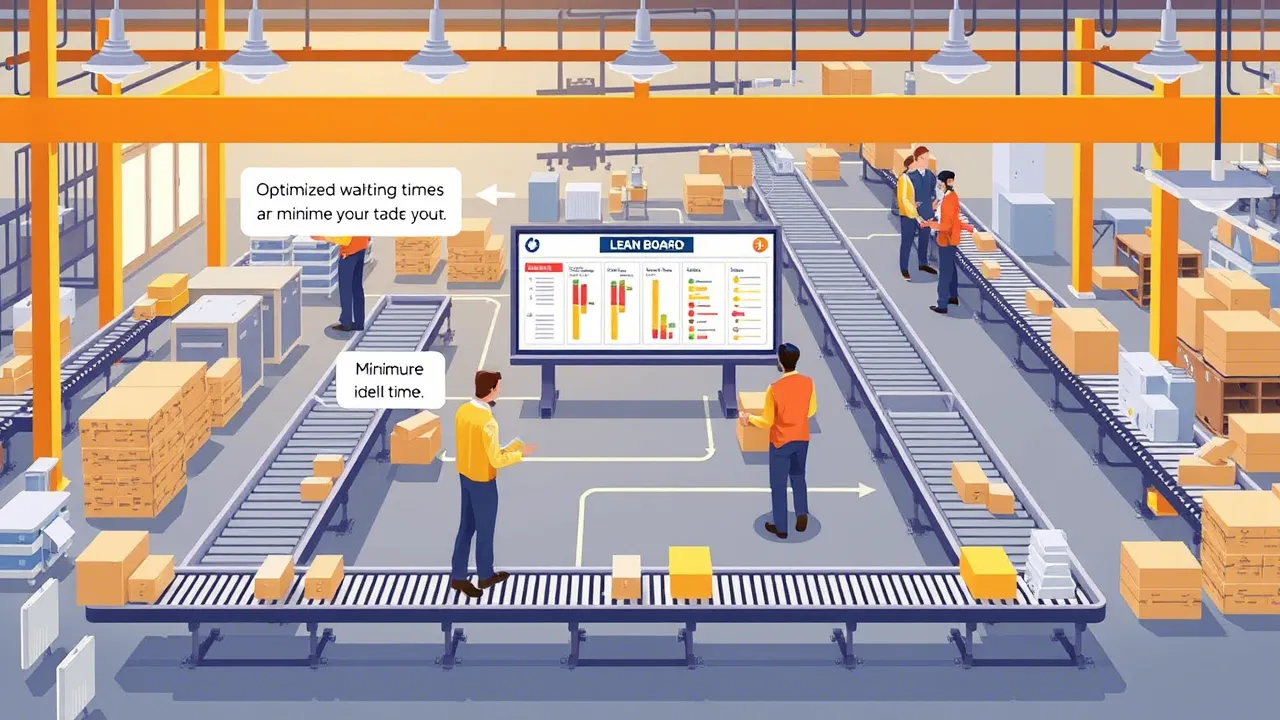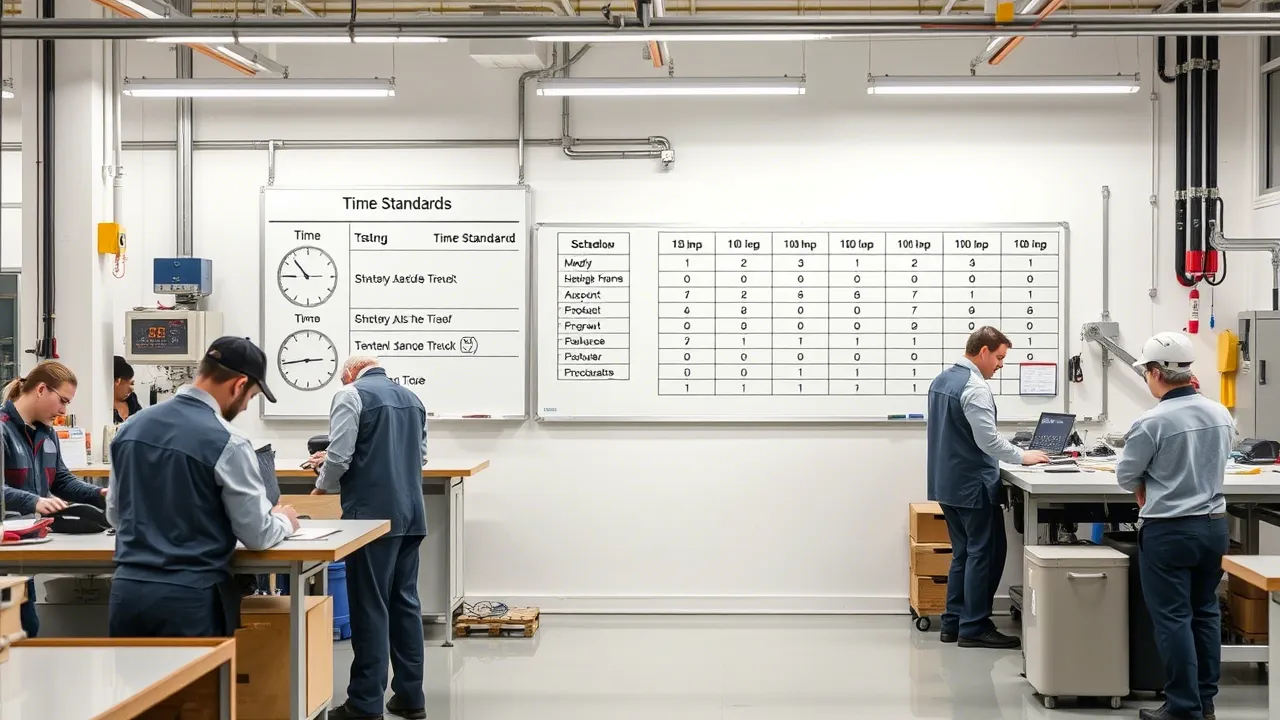Did you know that time study and process standardization are two of the most important factors for improving the efficiency of industrial companies? In this article, we will explain what they are, how they are applied, and what benefits they bring to your business. Additionally, we will introduce a tool that will help you implement these techniques easily and quickly: the industrial time study app cronometras.com.
Time study is the technique that consists of measuring the time it takes to perform a task or a set of tasks. Standardization is the technique that consists of defining a method or procedure to perform a task or a set of tasks optimally. Both techniques aim to reduce variability, eliminate waste, and increase productivity.
According to a study conducted by McKinsey consulting, companies that apply time study and process standardization can improve their efficiency by between 20% and 50%. This translates into greater competitiveness, higher quality, increased customer satisfaction, and greater profitability.
How to Apply Time Study and Process Standardization?
To apply time study and process standardization, the following steps should be followed:
-
Define which processes will be timed and standardized, prioritizing the most critical, complex, or problematic ones.
-
Analyze current processes, identifying the activities, resources, responsible parties, times, costs, and results of each one.
-
Establish the quality and efficiency standards to be achieved, based on customer expectations, legal regulations, and the organization’s strategic objectives.
-
Design optimal processes, eliminating or simplifying unnecessary or redundant activities, allocating appropriate resources, defining roles and responsibilities, and determining the optimal times for each activity.
-
Document standardized processes, creating manuals, procedures, instructions, flowcharts, and other resources that facilitate the understanding and execution of processes.
-
Implement standardized processes, communicating changes, training employees, conducting pilot tests, and monitoring results.
-
Evaluate and improve standardized processes, collecting data, indicators, and feedback, identifying deviations, opportunities, and best practices, and proposing corrective or preventive actions.
What Benefits Are Obtained from Time Study and Process Standardization?
Time study and process standardization provide multiple benefits to organizations, among which the following can be highlighted:
-
They increase productivity by reducing cycle times, delays, waiting times, and inventories.
-
They improve quality by decreasing defects, complaints, returns, and rework.
-
They reduce costs by optimizing the use of resources, materials, energy, and space.
-
They increase customer satisfaction by offering products or services that meet or exceed their expectations in terms of functionality, reliability, safety, and delivery.
-
They facilitate the control and continuous improvement of processes by having data, indicators, and feedback that allow measuring performance, detecting problems, and proposing solutions.
-
They improve the work environment and employee commitment by providing a more orderly, safe, and motivating work environment, as well as greater clarity of their roles and responsibilities.
Standardization Vs Innovation
Some people may think that the concept of standardization is contrary to creativity and flexibility, but in reality, they are complementary and necessary to innovate effectively.
Innovation involves generating new ideas, products, or services that provide value to customers and the organization. However, for these ideas to become reality, a process is required to validate, develop, test, and launch them to the market. This process must be agile, efficient, and of quality, and for this, it is necessary to apply time study and process standardization.
Time study and process standardization do not limit creativity, but rather channel it towards real market needs and opportunities. Additionally, by optimizing resources and times, they allow freeing up space and time for generating new ideas. Thus, time study and process standardization are the basis for sustainable and successful innovation.
To apply time study and process standardization, it is necessary to have a tool that allows recording task times, analyzing data, identifying bottlenecks, defining standards, and controlling compliance. One of the best options available in the market is the industrial time study app cronometras.com.
The industrial time study app cronometras.com is a comprehensive solution that allows you to measure work and plan with precision, which can help companies reduce costs and improve efficiency. With this app, you can:
-
Create and manage work time studies
-
Design the work method for each process
-
Measure the actual times of each element with a digital stopwatch
-
Rate the measured operator’s activity
-
Apply supplements
-
Generate automated reports
-
Share and communicate results with your team
The industrial time study app cronometras.com is easy to use, compatible with Android mobile devices and tablets, and adaptable to different sectors and types of companies. Additionally, it has personalized customer service and a 15-day free trial.
In conclusion, time study and process standardization are essential techniques for improving the efficiency of industrial companies. With the industrial time study app cronometras.com, you can implement them simply and effectively. What are you waiting for to try it?




